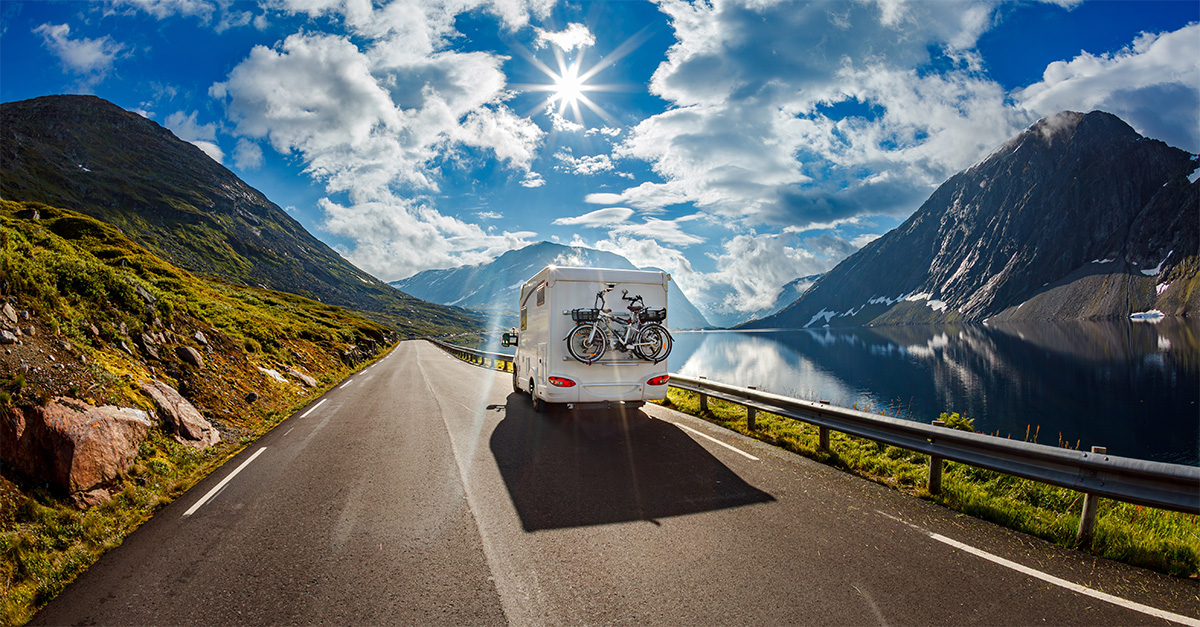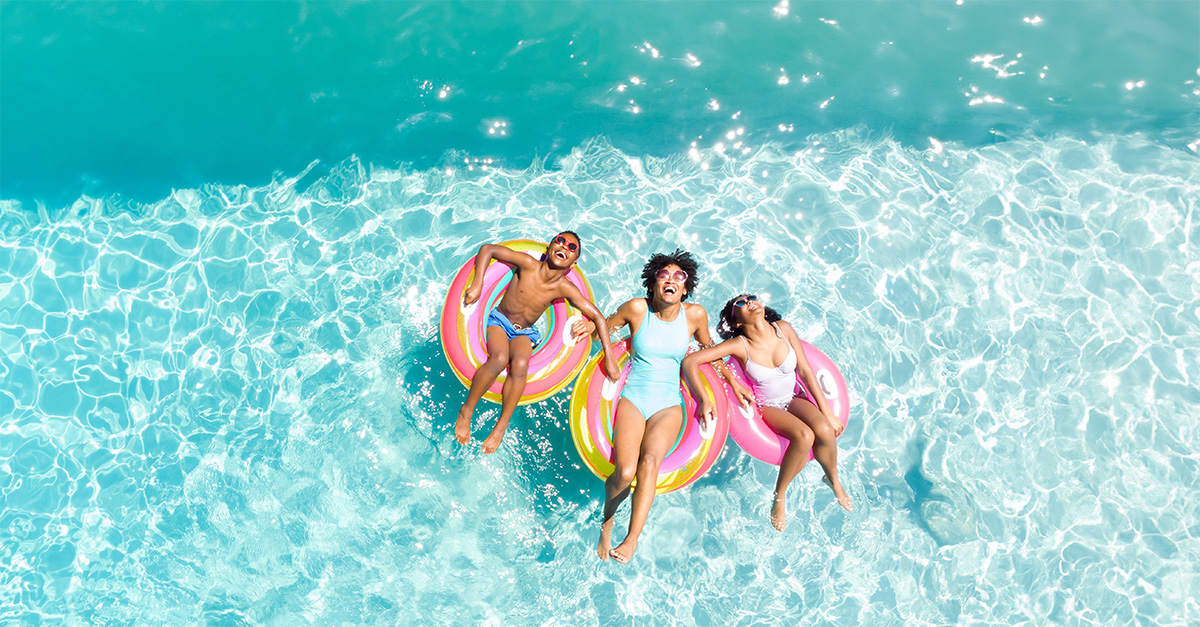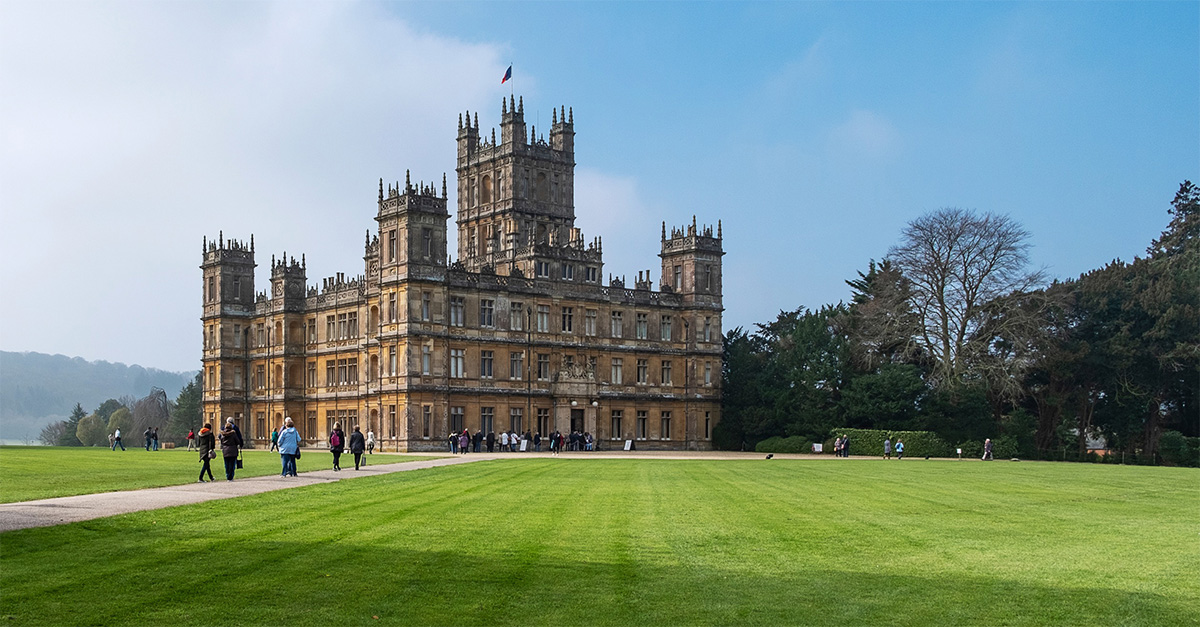Help your clients say ‘Ahh!’ with Katie McGonagle’s guide to Antipodean animal encounters
Like this and want more details? Click here to download and save as a PDF.
“Shh, be very quiet, and follow me,” said our guide, putting his finger to his lips as he tiptoed back towards the trees.
Wondering what could be lurking behind the dark green leaves of Daintree National Park – and feeling a little nervous, given the trademark Australian enthusiasm for dangerous animals – we did as we were told, and came across a sight even more impressive than I had imagined.
A black-feathered cassowary stood tall, almost regal, with a bright blue plumage, an Elvis-like quiff jutting from the top of a tiny head, and a look in his eyes that made me feel he was sizing us up as much as the other way around. But he evidently decided that another bunch of backpackers didn’t merit much attention, as he turned, dipped his head, and jauntily sped away through the trees.
It was my first trip Down Under, and spotting this elusive creature in its own habitat was a real highlight. It’s not the only native species to be seen across these vast lands, though: from kangaroos and koalas to kiwis and crocodiles, Australia and New Zealand are fertile territory for anyone partial to a bit of wildlife watching.
KOALAS
What? Not a bear – the wombat is its closest relative
Where? Wild Life Sydney Zoo, Darling Harbour
Why? Spotting native species doesn’t have to mean trekking through the wilderness: it’s perfectly possible to squeeze them into a city visit or family holiday. Overexcited kids might even learn a lesson from the relaxed marsupial, whose diet of eucalyptus leaves provides so little energy it sleeps up to 20 hours a day. For added ‘aww factor’, upgrade to a ‘breakfast with koala’ option, which includes a talk and photo opportunity.
How? Entry costs £20 per adult or £13 for children aged four to 15 with Attraction World, but tag on breakfast with koalas from £49 or £40 for children.
attractionworld.com
0871 700 8888
KANGAROOS
What? Skippy-style marsupials
Where? Kangaroo Island, South Australia
Why? They are the country’s most iconic animals, so no round-up of wildlife would be complete without these bouncy little critters. They are found across Australia, but Kangaroo Island has its own subspecies – a type of western grey kangaroo – and fantastic scenery to boot. It’s a real wildlife haven, with Australian sea lions, New Zealand fur seals at Admirals Arch, plus wallabies, koalas, spiky echidnas, possums and lizard-like goannas – the list goes on.
How? A two-day guided tour, Highlights of Kangaroo Island, starts at £661 with Pure Luxury Holidays including accommodation.
pureluxuryholidays.co.uk
0844 846 8000
PENGUINS
What? Fairy penguins
Where? Phillip Island, near Melbourne
Why? Picture a line of the world’s smallest penguins waddling up the sand dunes at sunset to get home after a hard day’s fishing, and the question won’t be ‘why’, it’ll be ‘how soon can I get there?’ The Penguin Parade has the cute factor all sewn up, although the island’s Koala Conservation Centre vies for attention too, and there are great views of Australian fur seals from The Nobbies headland.
How? Gold Medal’s day tour, Penguins, Koalas & Wildlife, starts at £172 per adult or £87 per child, departing Melbourne.
goldmedal.co.uk
0800 014 7777
CROCODILES
What? Fresh and saltwater species best approached with caution – or not at all
Where? Kakadu National Park, Northern Territory (pictured below)
Why? This deadly predator is often seen on television, but it’s an entirely different experience up-close. Sure, you might not spot it snapping up unsuspecting prey through a slow-motion spray of water, but happening upon a handful of crocodiles sunning themselves on the river banks, or lurking just below the surface, is far more rewarding.Many other species call Kakadu home, but it’s best-known for an abundant array of birds both native and migratory, including pelicans, egrets, herons and ‘jesus birds’.
How? Cox & Kings offers a day trip out of Darwin from £150, or from £440 overnight, including a wildlife cruise on Yellow Water billabong.
coxandkings.co.uk
0845 564 8309

DOLPHINS
What? Bottlenose dolphins
Where? Monkey Mia, Shark Bay, Western Australia
Why? Dolphins are hardly unique to Australia, but there are few places where they come so close to shore they can be fed by hand. The practice began in the 1960s when fishermen started sharing their catch with wild dolphins. Look out for more marine life around Shark Bay, including dugongs, manta and stingrays, loggerhead turtles and sharks.
How? APT includes a night at Monkey Mia Dolphin Resort on its 18-day West Coast Adventure, from £4,695 without flights.
aptgroup.travel
0845 603 6738
PENGUINS AND FRIENDS
What? Penguins again – yellow-eyed this time – plus albatross and seals
Where? Otago peninsula, South Island, New Zealand
Why? This endangered species is one of the rarest penguins in the world, but has breeding grounds along the southeast coast. Despite a high-pitched call – its Maori name ‘hoiho’ means ‘noise shouter’ – it is actually very timid and nests away from neighbours, who include New Zealand fur seals, and a colony of royal albatross which has nested at Taiaroa Head for nearly a century.
How? Austravel’s excursion, Dunedin Peninsula Cruise and Penguin Reserve, costs £71.
austravel.com
0800 988 4834
TASMANIAN DEVILS
What? A meat-eating marsupial
Where? Tasmania
Why? Despite their fierce reputation, these dog-sized creatures can be friendly and playful. Numbers have been decimated by a devastating disease, but conservation efforts continue, with support from tourists visiting centres such as Bonorong Wildlife Sanctuary. Its night tour catches these nocturnal creatures at their most active, along with other indigenous species such as the eastern quoll, Tasmanian pademelon and bettong.
How? Bridge & Wickers offers a Bonorong Wildlife Sanctuary night tour plus three nights’ room-only at Henry Jones Art Hotel in Hobart and car hire, from £650 excluding flights.
bridgeandwickers.co.uk
020 3642 7964
CASSOWARIES
What? A large, flightless bird similar to the emu or ostrich
Where? Northern Queensland, best accessed from Port Douglas
Why? This strikingly beautiful bird is rare, found only in the forests of northeastern Australia and New Guinea, and notoriously shy of humans. They are best admired from afar, as they can get rather testy when provoked. This tropical region also shows a different side of Queensland from the laid-back beaches and buzzing nightlife down the coast.
How? Anzcro’s full-day Go Wild Jungle Tour departs Port Douglas for a scenic drive, wildlife sanctuary visit, rainforest walk and Daintree river cruise, from £108.
anzcro.co.uk/agent-zone
01872 266899
WHALES
What? Sperm whales year-round, plus orcas December-March and humpbacks in June and July
Where? Kaikoura, South Island, New Zealand
Why? The unusual underwater landscape and mix of hot and cold currents near Kaikoura mean plankton is in plentiful supply, making this a prime place for whales, dolphins and seals. It’s also one of New Zealand’s beauty spots, with a verdant landscape, majestic mountains and laid-back beachside vibe.
How? Travel 2’s 10-day self-drive, Explore New Zealand’s South Island, starts at £1,979 including Singapore Airlines flights, mixed-board accommodation, car hire, and a whale-watching excursion, in September or October.
travel2.com
0800 022 4182
KIWIS
What? Long-billed flightless bird
Where? Rainbow Springs Kiwi Wildlife Park, Rotorua, North Island, New Zealand
Why? Like Australia’s lovable kangaroos, kiwis are such an iconic animal that we use the term as slang for New Zealanders themselves. The fascinating bird has many mammal-like characteristics – fur-like feathers, and whiskers similar to a cat’s – plus it lays the largest egg relative to its size. Rainbow Springs is a kiwi conservation centre outside Rotorua, with extras including a behind-the-scenes Kiwi Encounter and night-time return visits to see the nocturnal creatures at their best.
How? The Rainbow Springs and Kiwi Encounter starts at £21 for adults, £15 for kids aged five to 12.
dosomethingdifferent.com
020 8090 3890




